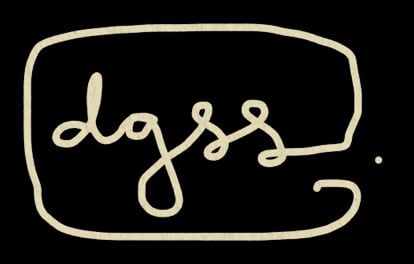Wednesday 26 February, Deakin Downtown
9.30am-1.00pm
Convenors: Melinda Hinkson and Gillian Tan
Speakers:
Samantha Balaton-Chrimes, Rohan Bastin, Steve Cooke, Melinda Hinkson, Tim Neale, Yin Paradies, Tiffany Shellam, Victoria Stead, Gillian Tan
The scope and methods of social research have reached a definitive shift in recent times. The shift coincides with a complex set of conditions that reflect current bureaucratic, political, and moral realities. These include new procedural requirements of research bodies and university ethics committees, the imperative of inclusive participation, and moral anxieties surrounding the principle of equality. The rise of populism enabled by technologies of social media exemplifies these conditions and signals a change in how social research is being perceived and conducted, most notably in the marginalisation of expertise. In indigenous Australian studies, for example, the ‘collaboration’ paradigm requires indigenous Australians to be actively involved of any indigenous-related research. ‘Nothing about us without us’ is the catchcry that proclaims indigenous standpoint and collaboration as the only viable framework to the extent that AIATSIS and some university ethics committees now require elements of ‘collaboration’ as the foundation on which research may proceed. An older style of critical scholarship undertaken by non-indigenous researchers is increasingly dismissed as outdated, oblivious to structures of domination and entitlement, and linked to exploitation and even at times white supremacy. The field of indigenous studies most starkly articulates the challenges of doing social research in current times yet is by no means the only form in which challenges manifest.
This, however, is not to short-change the scope and method of ‘collaboration’ itself. Collaborative ethnographies have long touted the imperative of working along-with indigenous and/or local others. This approach has emphasised mutual trust on a long durée that is open to genuine understanding from all involved. Some might argue that certain disciplines can proceed only with the goodwill and ‘collaboration’ of native interlocutors. And collaborative writing – across disciplines such as textual studies, religious studies, and history – presents a concrete way to appreciate the challenges and opportunities of working with distinctly-different others.
The aim of this half-day panel discussion is to consider and unpack the various levels and articulations of ‘collaboration’ in the context of modern university and social research. ‘Collaboration’ is a paradigmatic expression of contemporary bureaucratic, political, and moral conditions that – through its structure – appears to exclude alternative possibilities and existences; yet it can be an ongoing attempt to work across distinct differences towards (assumedly) shared goals. How might ‘collaboration’ productively co-exist with its apparent opposite, namely critique? How can discussions such as these intervene in an environment of combative politics, shrinking hope, and fear of loss of relevance for the work that we do? What might an enlarged community of thinkers who are diversely invested in the work of documenting, interpreting, analysing human experience, settler coloniality and other forms of domination, and future-focused relations of coexistence be able to achieve?
ALL WELCOME, BUT PLEASE REGISTER FOR CATERING PURPOSES



